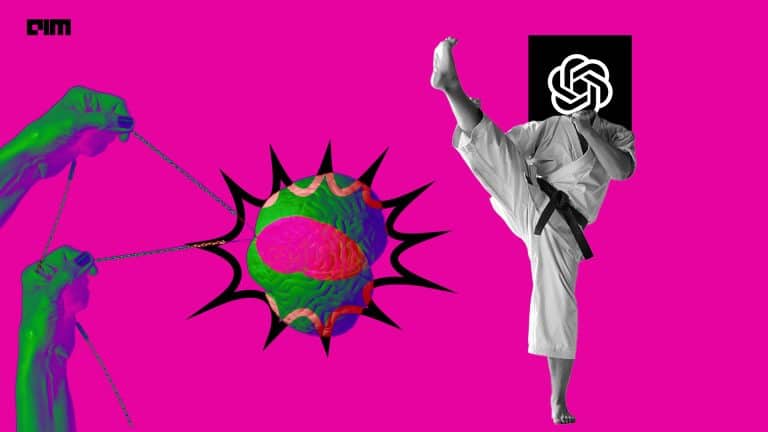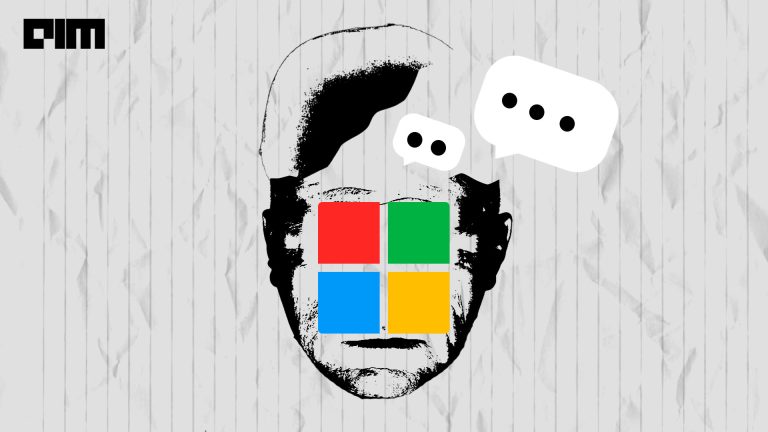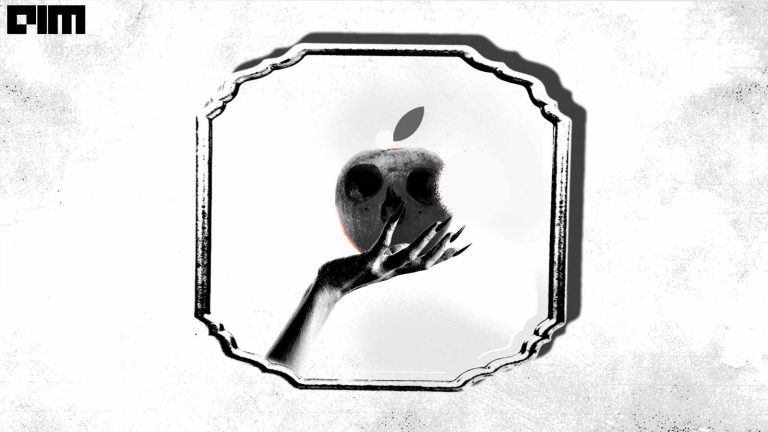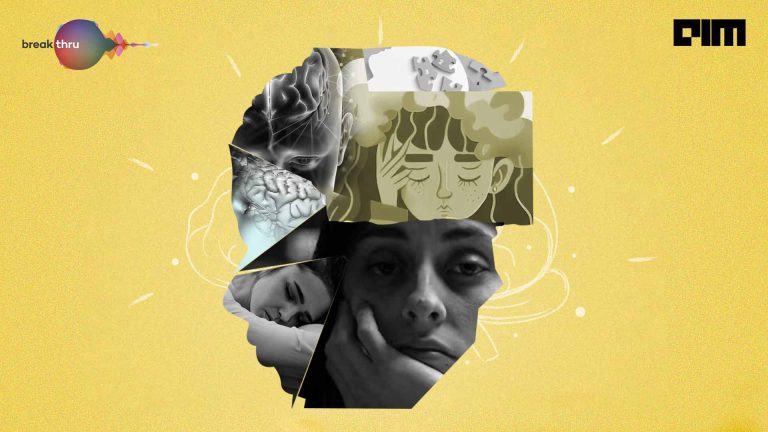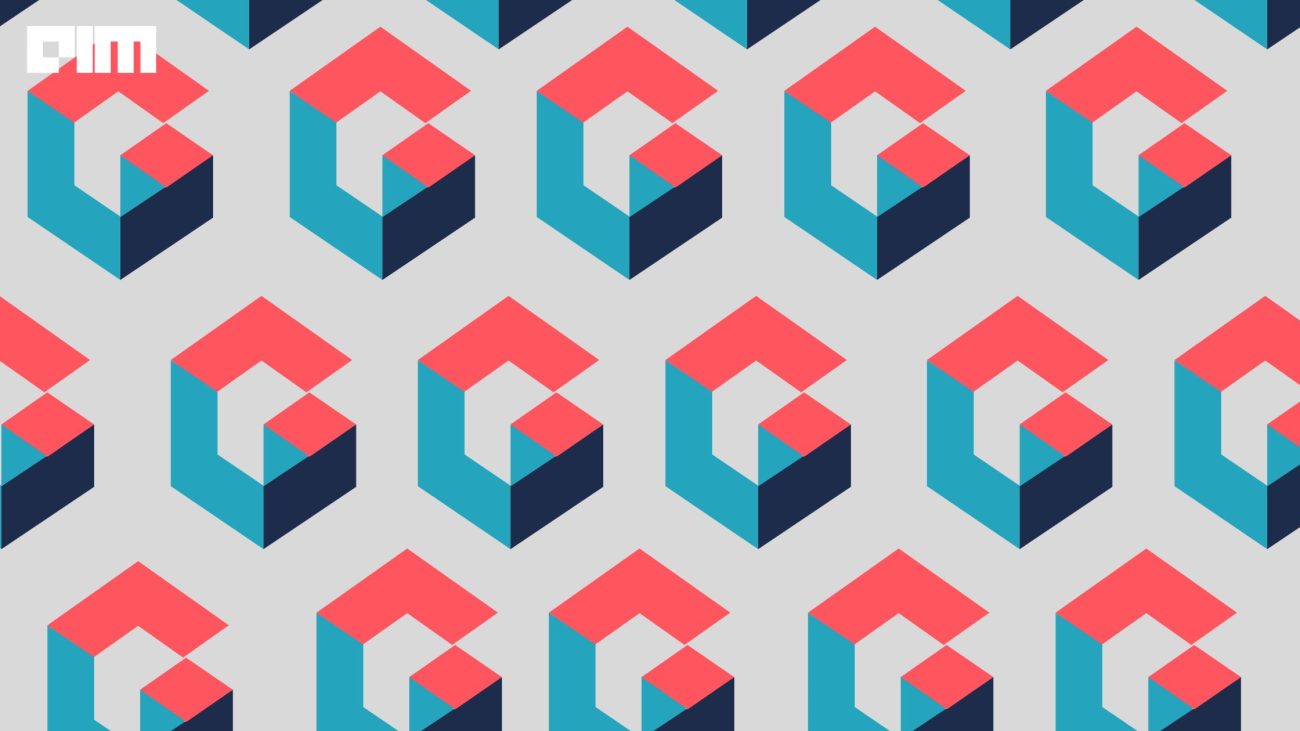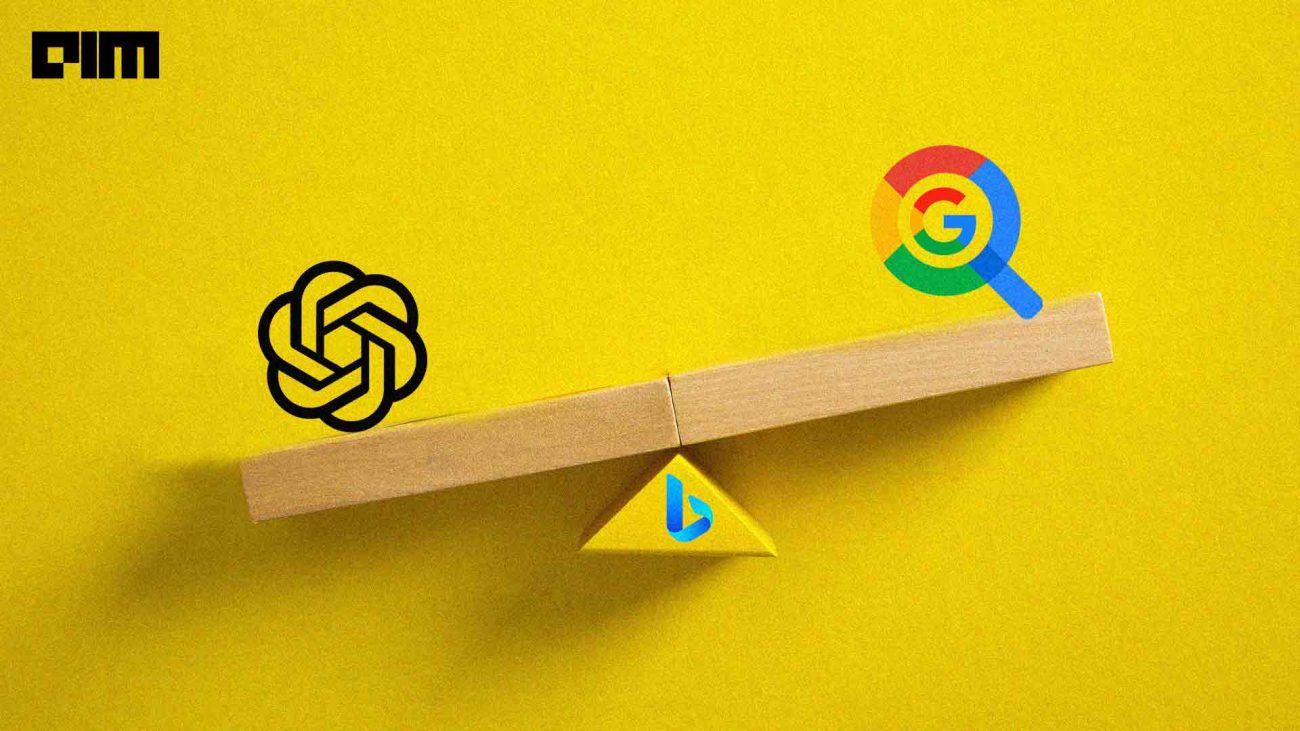The year 2020 was challenging to everyone in so many ways as the world went into lockdown, and people had to get accustomed to completely new environments. Sitting at home, people felt lonely, anxious, and depressed, which led to a soar in the number of mental health issues.
The lockdowns also meant that one could not seek in-person help from their psychiatrists or therapists. During such difficult times, many people resorted to using mental health apps to help themselves keep calm.
Mental health apps are making significant progress and becoming more sophisticated. Many of them now even use artificial intelligence. AIM collated these AI-based apps that were launched in or made news in 2020 or were predominantly used during the lockdowns.
Wysa
Wysa is an AI-based conversational chatbot that has been trained using 100-million odd conversations to understand user inputs. The app provides research-backed, widely used techniques like cognitive behavioural therapy (CBT), dialectical behavioural therapy (DBT), and meditation support for users with depression, stress, anxiety, sleep and other mental health needs. Due to pandemic, the app observed an 80% rise in the installations as compared to last year. Backed by Google in series A funding, Wysa made the app’s tool packs for isolation and anxiety, free of cost until we get through the pandemic.
Check out the app for Android here and for Apple here.
Price: Free of cost
Woebot
Woebot helps a user think pragmatically through various situations by providing step-by-step guidance using CBT. It also helps the user learn more about oneself, using intelligent mood tracking. This year, the app launched a COVID-19 program called Perspectives, where it provides more guided meditation techniques and practical tips on overcoming cabin fever or connecting with others while social distancing. There were also themes added to deal with grief and economic hardships.
Check out the app for Android here and for Apple here.
Price: Free of cost
Happify
Happify has a unique approach designed to address mental health. It hosts interactive activities, some of which are games and other exercises led by a digital AI coach, Anna. This year the app introduced ‘adherence fidelity’ into Anna, for which the app was granted a patent. This feature uses natural language processing to detect when a user is slipping away from the intention of activity and gently guides them to be more adherent. This has helped in attaining maximised health outcomes.
Check out the app for Android here and for Apple here.
Price: Free of cost
Elomia
With the lockdown being enforced due to COVID-19, the fear of self-isolation led to an individual in the UK die by suicide, which led the co-founders to launch this app. Elomia is an AI-driven therapy chatbox, predominantly work via Facebook Messenger, that acts as a companion to help people struggling with anxiety and sadness. It has been developed by psychologists to understand what one is saying and build a conversation in a way that can help the users feel better using Cognitive Behavioural Therapy (CBT). The app is a medium to help people, who can’t see a therapist or have to self-isolate, make the situation a bit more bearable. The app is not available to download in India, but one can access it on a desktop browser at $6.99 per month.
Check out the app here.
Price: $6.99 per month
BioBase
This app, developed by BioBeats, is used more by enterprises than individuals. The BioBase app collects data from a wearable device called BioBeam, and then the real-time data is analysed using AI. This helps monitor one’s mental-wellbeing as well as physical health to provide live feedback and insights. A study published this year found out that the use of this app reduced the average length absentees at a workplace by 31% and stress-related work absences to zero.
Check out the app for Android here and for Apple here.
Price: Free of cost
Ginger
The app collects user’s behavioural data in terms of the duration of their talking, sleeping, or exercising to get clues on the person’s mental health. Based on this, the app provides increased access to high-quality behavioural health care by powering their team of expert coaches, therapists and psychiatrists with machine learning and AI technology. With the onset of COVID-19, the app announced three programs that include — free behavioural health coaching to frontline workers, make the Ginger’s COVID-19 in-app resources freely available, and waive annual commitments for new employer clients.
Check out the app for Android here and for Apple here.
Price: Free of cost
Wrapping Up
Technology, as it becomes smarter, can help people address their mental health issues in sophisticated ways. There are many apps available on mobile phone stores apart from the ones mentioned above that can cater to your specific needs.
However, it is important to keep in mind that some mental health illnesses cannot be solved on apps or online. One should use technology for guidance, but seeking proper professional help when needed is critical.






